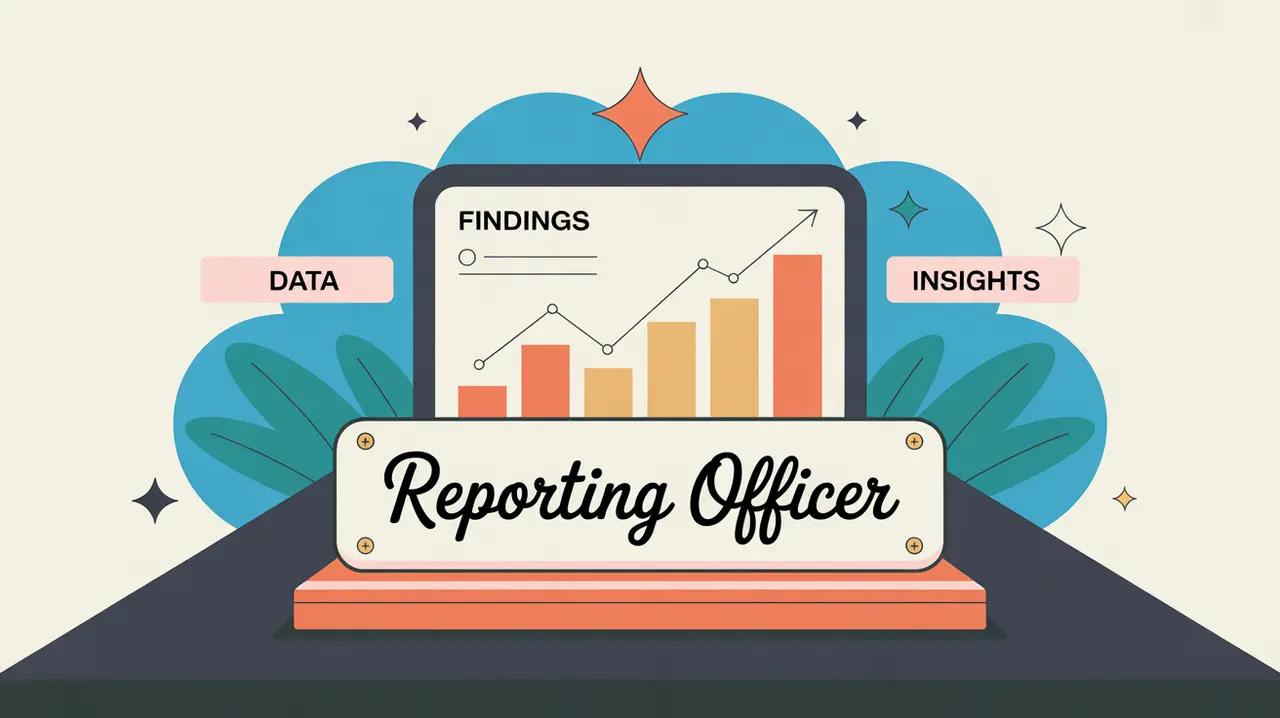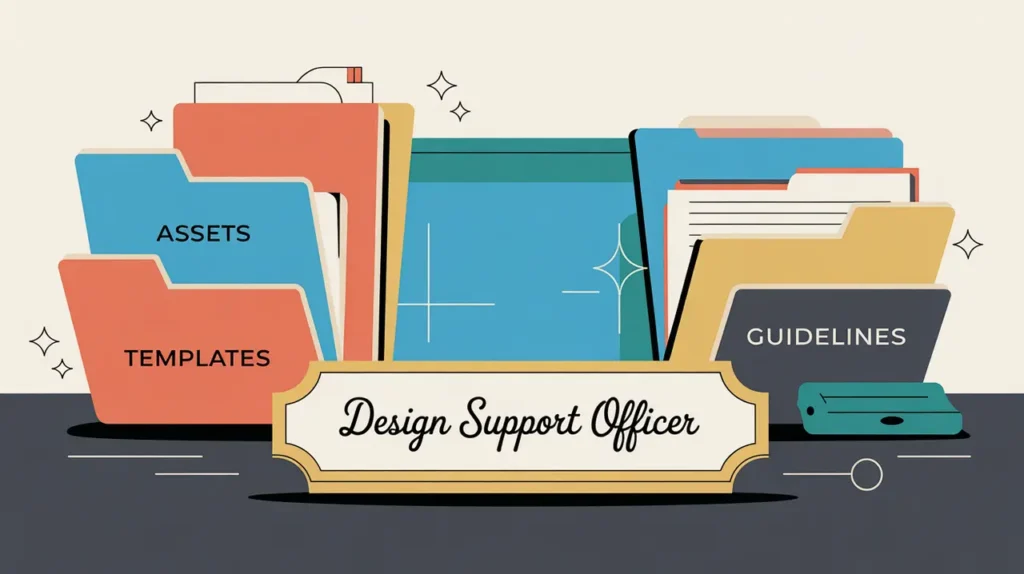What Does the Reporting Officer Role Involve?
A Reporting Officer is responsible for managing and producing timely, accurate, and high-quality reports that communicate programmatic, financial, and operational results to donors, partners, leadership, and regulatory bodies. They coordinate the collection, analysis, and synthesis of information across multiple teams, ensuring that reports meet organizational standards and donor requirements. Their work supports accountability, transparency, and strategic decision making.
In nonprofits and social enterprises, Reporting Officers play a key role in ensuring that funders and stakeholders receive clear, credible, and consistent information, which is essential for sustaining trust and securing future support.
At What Level does this Role Operate?
Mid Level: Reporting Officers typically operate with moderate autonomy, reporting to a Reporting Manager, MEL Lead, or Program Director. They oversee reporting processes for specific grants, programs, or organizational functions and may supervise assistants or coordinate with multiple departments to gather information.
Relative Employability: Reporting Officer roles are common across NGOs, nonprofits, foundations, and international development organizations, especially those managing multiple grants or complex reporting requirements. Skilled reporting officers are in steady demand due to the centrality of reporting to compliance and relationship management.
Relative Pay Scale: Reporting Officers generally occupy the mid pay band, sitting above assistant roles but below manager or lead positions. Their compensation reflects their analytical, coordination, and communication responsibilities.
What are the Key Responsibilities and Activities?
- Lead the preparation of donor, partner, and internal reports according to agreed timelines and requirements
- Coordinate with program, finance, and MEL teams to gather and verify data and narrative inputs
- Draft clear, accurate, and compelling narrative reports that highlight progress, challenges, and results
- Ensure reports comply with donor guidelines, templates, and formatting standards
- Analyze data to identify trends, achievements, and gaps for inclusion in reports
- Maintain reporting calendars, trackers, and systems to ensure timely submission of deliverables
- Liaise with donors or partners on reporting requirements, clarifications, and follow-ups as needed
- Contribute to continuous improvement of reporting processes and tools
What Core Competencies and Qualifications are Needed?
Required Qualifications and Experience
The following reflect common qualifications and experience expected for this role, while recognizing that pathways may vary by context, organization, and region.
- Relevant academic background in social sciences, international development, communications, or related fields
- Several years of experience in reporting, grants management, MEL, or program coordination
- Strong writing and analytical skills, with experience preparing donor reports
- Familiarity with data analysis tools, reporting frameworks, and donor compliance requirements
- Experience coordinating inputs across multiple teams or departments
Key Competencies
- Excellent written communication and synthesis skills
- Strong organizational skills to manage multiple reporting timelines and priorities
- Analytical thinking to interpret data and present it clearly
- Attention to detail and accuracy in documentation
- Ability to work collaboratively across functions and teams
- Professionalism in communicating with donors and partners
How are AI and Automation Shaping this Role?
An AI-native Reporting Officer can use AI tools to automate data aggregation, generate draft narrative reports from structured inputs, and check for compliance against donor templates. AI can support trend analysis, highlight anomalies, and maintain real-time reporting dashboards. Workflow automation can streamline the coordination of inputs across teams, allowing officers to focus more on quality assurance, storytelling, and strategic communication.
What Career Pathways and Transferable Skills are Associated with this Role?
Reporting Officers can progress to roles such as Reporting Manager, MEL Manager, Grants Manager, or Program Manager. Their skills in synthesis, coordination, and donor communication are transferable to roles in program leadership, monitoring and evaluation, and strategic partnerships. Over time, they may take on responsibility for managing large reporting portfolios, leading reporting teams, or contributing to organizational learning and strategy.







